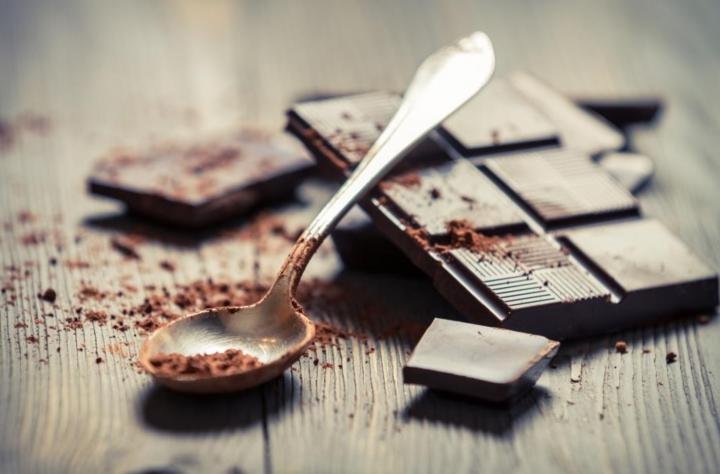Cholesterol functions. Did you know that cholesterol is an essential molecule for our body, since it participates in a wide variety of functions?

There is the erroneous belief that cholesterol by itself is extremely bad for health, when in fact we are faced with a fundamental element for the proper functioning of our body, as long as we have normal cholesterol values.
In fact, cholesterol is essential for our body, so we could not live without this essential lipid for the proper functioning of our body. However, it is true that when its levels are higher than recommended, that is when it becomes a risk to our health.
What is cholesterol?
Cholesterol is a type of fat or lipid, which participates in a great diversity of important physiological processes, hence it is considered a fundamental molecule both for our body and for our own health itself.
That is, it is a substance that we find naturally in our body, in fact found in large concentrations in the liver, brain, pancreas and spinal cord.
It is a steroid fat, consisting of a molecule of cyclopentaneperhydrophenanthrene and made up of four fused or condensed carboxylics.
What’s more, most of the cholesterol naturally present in the body is created in the liver, while a small amount ultimately comes from the diet we eat every day.
How many types of cholesterol are there?
So far, a total of 3 different types of cholesterol have been identified, and we say so far because in fact until recently it was thought that there were actually two: the one known as LDL cholesterol and HDL cholesterol.
However, some years ago the existence of a new type of cholesterol, known as McMinn-LDL cholesterol, was discovered, apparently even much worse than LDL or bad cholesterol, since it would be stickier, with a greater ability to adhere to walls of the arteries and form fatty plaques in greater quantity.
- LDL or bad cholesterol: it is a low-density lipoprotein that carries cholesterol from the liver to the different tissues of our body. In normal amounts it becomes a fundamental lipid for our body. But when its level is excessive it can accumulate in the walls of the blood vessels, narrowing and therefore increasing the risk of coronary and cardiovascular diseases.
- HDL or good cholesterol: it is a high-density lipoprotein, capable of dragging the cholesterol present in the arteries to the liver, to later be eliminated. For this reason, it is very important that it is in recommended amounts or levels, because it is very healthy for heart health.
- McMinn-LDL cholesterol: it is a recently discovered type of cholesterol, similar to LDL cholesterol, but with the particularity that it would have a stickier consistency, so that it would tend to adhere more to the arteries.
Cholesterol functions: what is it for?
We can consider cholesterol as an authentic raw material for the formation of steroid hormones, such as testosterone or estrogens.
It also provides fluidity to the cell membrane, so that it prevents them from being destroyed.
In addition, from cholesterol they are formed:
- Bile salts: essential for proper digestion.
- Vitamin D: essential in the metabolism of calcium, essential for our bones.
Of course, we must not forget something important: in excessive amounts, cholesterol is a risk to our health, since it forms atheromas or plaques in the blood vessels preventing the correct fluidity of the blood, which is associated with a greater risk cardiovascular. But let’s go in parts.
Helps in the production of hormones
Cholesterol is especially useful in the production of hormones, since after being stored in the ovaries, in the adrenal glands and in the testes, it is converted into steroid hormones.
These hormones are essential for the performance of certain vital functions, so that without them we would have a malfunction of the body.
Useful in the digestion of fats
It is paradoxical, but the truth is that cholesterol is essential for the proper digestion of fats. How? Very simple: our liver uses it to create bile, which in turn is essential for the proper digestion of food, especially fat.
Helps repair cells and is an antioxidant
HDL cholesterol is a lipid with antioxidant qualities, which means that it helps to reduce the negative action of free radicals, directly related to premature aging -and damage- of our cells.
In addition, cholesterol is essential for cell repair, as it becomes an important component of the cell membrane. On the other hand, it also participates in the formation of new cells.
Vitamin D precursor
Cholesterol helps in the manufacture of vitamin D, so it becomes an important precursor for this vitamin. In fact, sunlight is capable of converting cholesterol into vitamin D.































